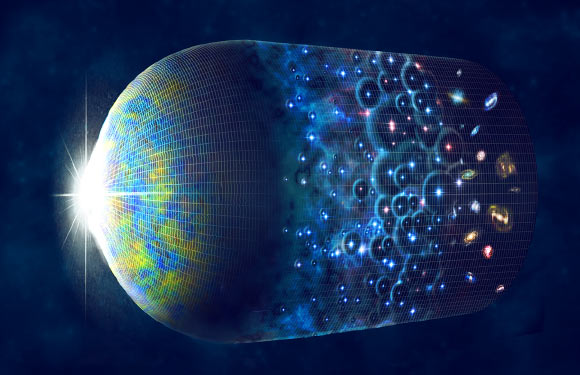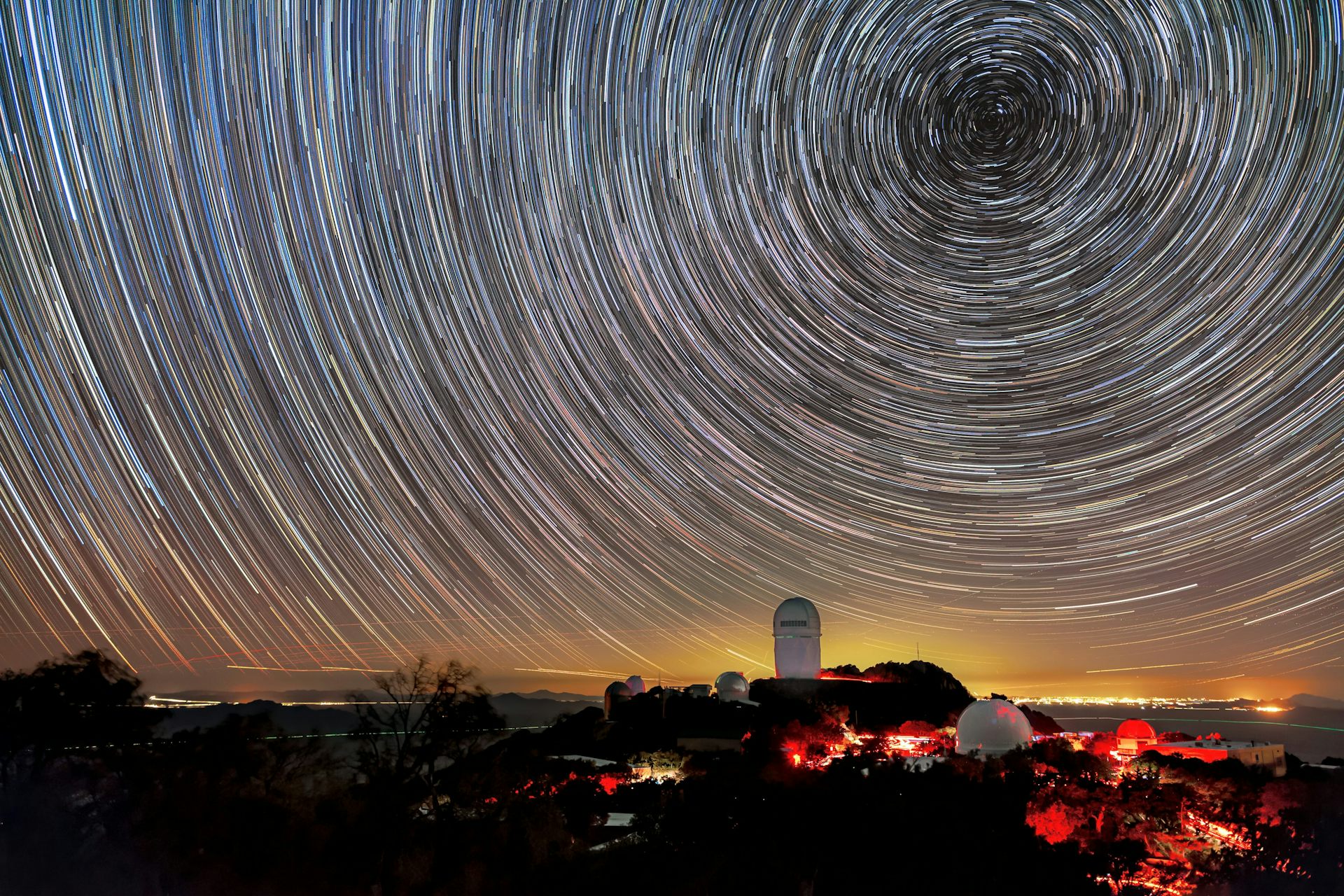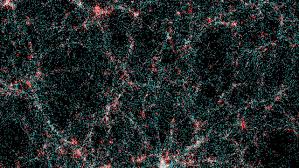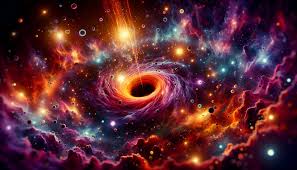
A new study shows that the Universe has already entered a phase of decelerated expansion at the present epoch and that dark energy evolves with time much more rapidly than previously thought.

The mysterious force called Dark Energy, which drives the expansion of the Universe, might be changing in a way that challenges our current understanding of time and space.

However, new results from the Dark Energy Spectroscopic Instrument (DESI), released today, suggest dark energy may be changing over time.

One of the biggest mysteries in science - dark energy - doesn't actually exist, according to researchers looking to solve the riddle of how the Universe is expanding.

A team of researchers has just found that the predicted curvature of space-time calculated using relativity does not always quite match up to what we observe

Using data from the Dark Energy Spectroscopic Instrument (DESI), astronomers have completed the most precise gravity test ever taken.

If the hypothesis that black holes are related to dark energy is proven correct, it would revolutionize conventional knowledge about black holes and dark energy.

Something is causing nothingness to grow, squeezing its way into the gaps between galaxies to gently push the large scale structure of the Universe apart at an ever increasing rate. We call this something "dark energy".

ESA's Euclid space telescope was launched for a six-year mission to shed light on dark energy and matter and chart the largest-ever map of the universe.

Observations of supermassive black holes at the centres of galaxies point to a likely source of dark energy - the "missing" 70% of the Universe.

About a year ago, the XENON1T experiment reported an unexpected signal, or excess, over the expected background. This signal could be attributable to dark energy.

The survey, which included 400 individual scientists from 25 institutions in 7 countries, observed over 226 million galaxies. The goal of the survey was to the distribution of dark matter and the effect of dark energy.

U.S. scientists have precisely measured the total amount of matter making up the cosmos, concluding that dark energy accounts for 69 % of the total mass-energy budget with normal and dark matter being 31.5 %.

Swedish researchers have devised a new model for the Universe, that may solve the enigma of dark energy. They proposes a new structural concept of a universe that rides on an expanding bubble in an additional dimension.

UK researcher, Jamie Farnes, suggests both dark energy and matter can be unified into a single substance — a negative-mass ‘dark fluid.’ The theory may also prove right a prediction that Albert Einstein made 100 years ago.